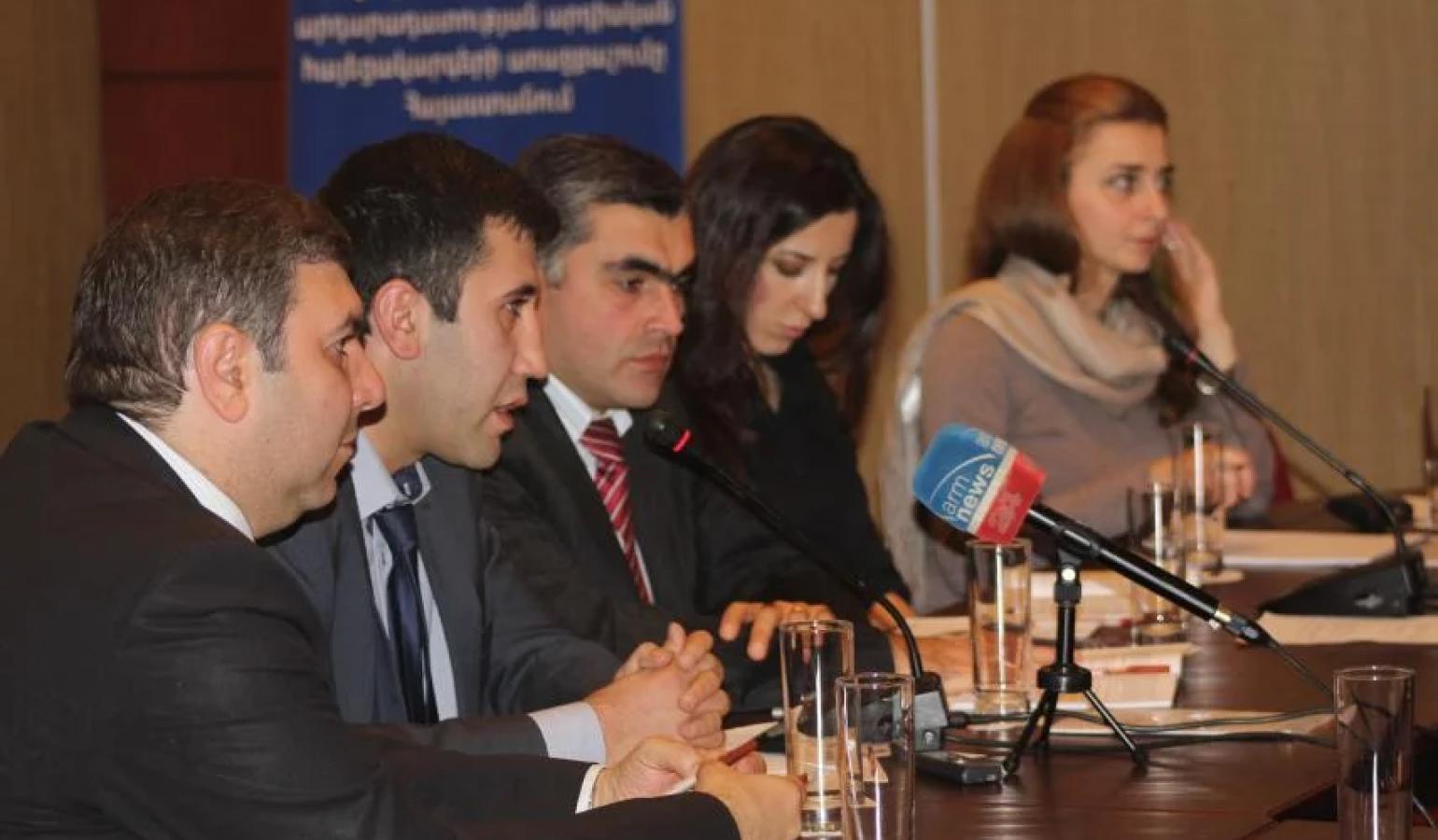
"The fine is not an effective punishment for minors." Siranush Sahakyan
On November 19, "Juvenile justice in Armenia: legislative analysis" study presentation prepared by "Civil Society Institute" NGO.
The study states that the juvenile justice system in RA does not meet the accepted international standards. There is no separate legislation on juvenile justice, specialized judges, prosecutors and lawyers, no universal crime prevention policy, etc.
According to Siranush Sahakyan, an expert of CSI, the author of the study, the first problem is that the punishments provided for juvenile cases are not adequate to solve the problems of juvenile justice.
Article 85 of the RA Criminal Code stipulates that punishment or coercive measures of an educational nature may be imposed on a minor who has committed a crime. Article 86 defines the types of punishment applicable to minors, they are: fine, public works, detention and imprisonment for a certain period of time.
According to the observation of Siranush Sahakyan, taking into account the characteristics of minors, it can be said that the fine is not an effective punishment, because the minor mostly does not earn money, the fine is paid by the parent, as a result of which the principle of personal responsibility is violated. And when applying for public work, it should be taken into account that there are restrictions for minor workers under the RA Labor Code.
"The minor should be kept away from criminal procedures and unjustified imprisonment. "Alternative measures enable minors to stay away from criminal procedures, from having a criminal record... In the case of imprisonment, a minor develops the identity of a criminal, a social break, and later it is difficult to return to society", says the CSI expert.
Siranush Sahakyan cites the Havana Rules, according to which imprisonment should be applied to a minor as an extreme punishment, in limited and exceptional cases, and for the shortest possible period. Meanwhile, according to the expert, this principle is often not observed in Armenia, and the minor is imprisoned unnecessarily.
Siranush Sahakyan also sees the problem of training professionals working with minors: lawyers, investigators, judges, prosecutors. In her opinion, the law should also stipulate the involvement of a psychologist or a social worker in the stages of preliminary investigation and trial.
At present, the law requires the participation of a pedagogue in the interrogation of a minor. "Practice shows that usually one of the minor's school teachers is involved as a pedagogue, which constrains the minor and creates difficulties in later returning to school and reintegration," says the expert, suggesting that the law clearly regulate who can be a pedagogue to get involved.
In the study, the issue of protection of minor victims and witnesses is also raised. It is necessary to establish by law the protection procedures for minor victims and witnesses in accordance with international standards, to carry out all investigative activities with the participation of minor accused, victims and witnesses with the help of supporting specialists (psychologist, social worker), etc.
